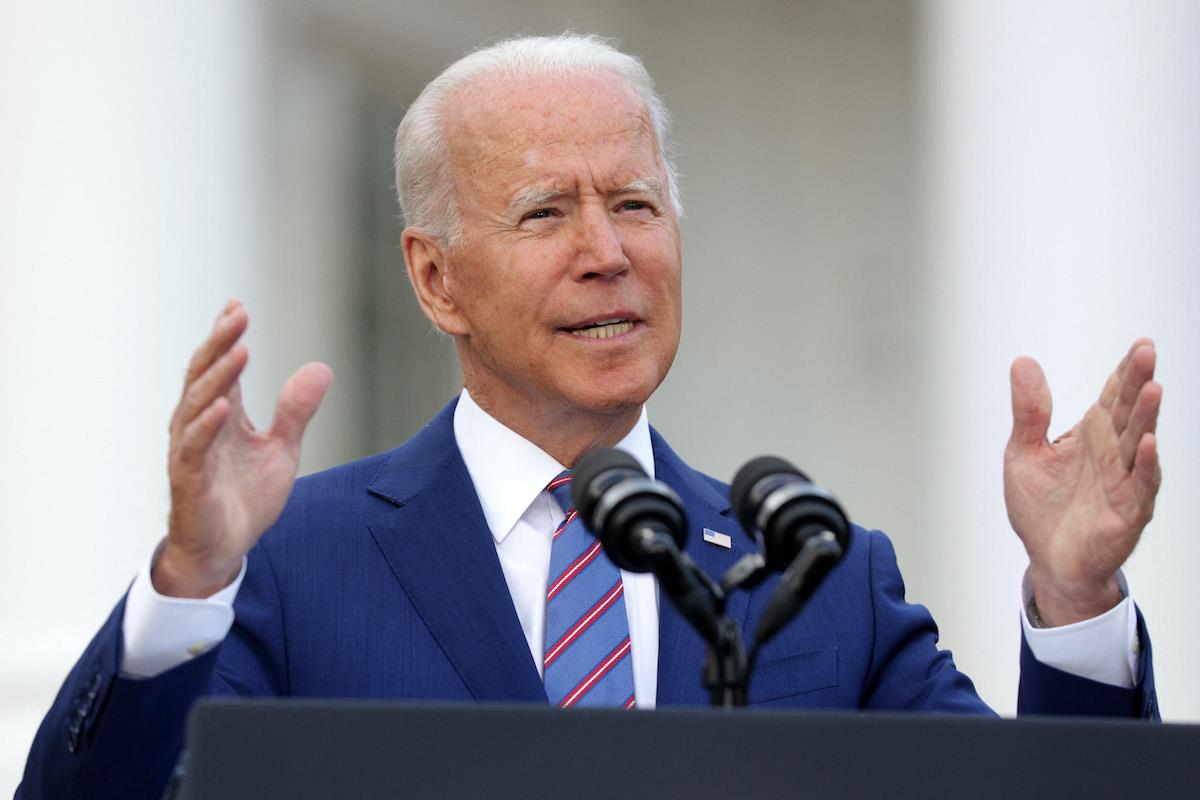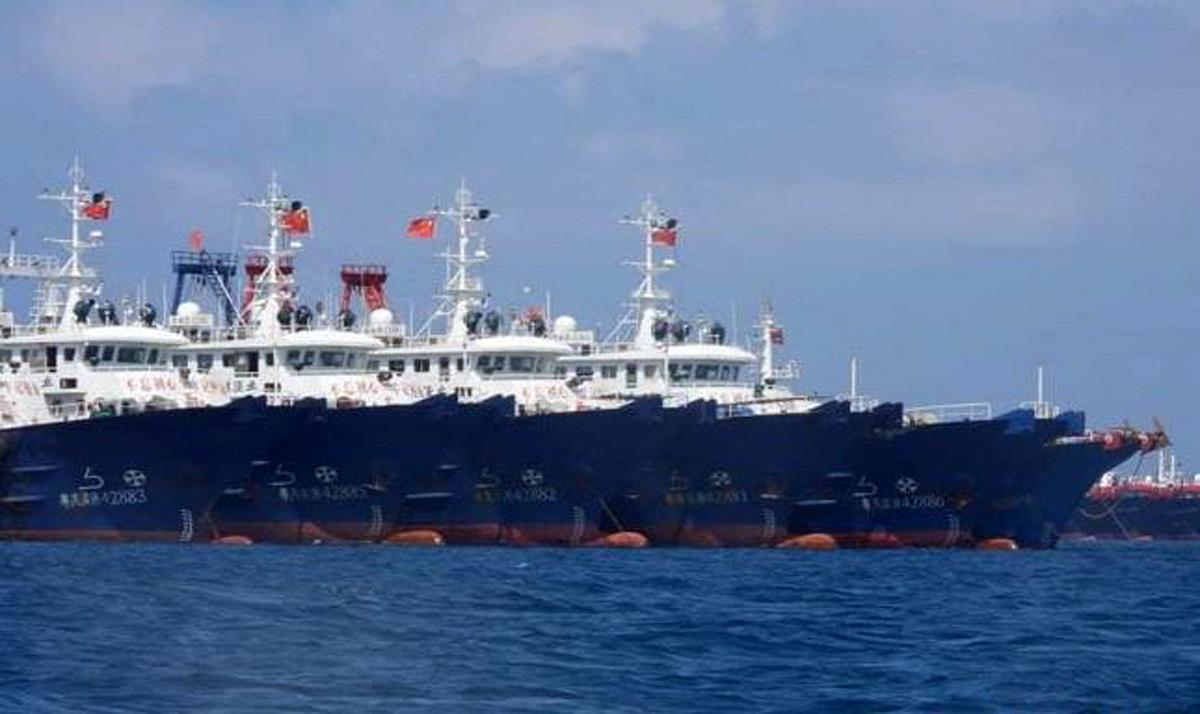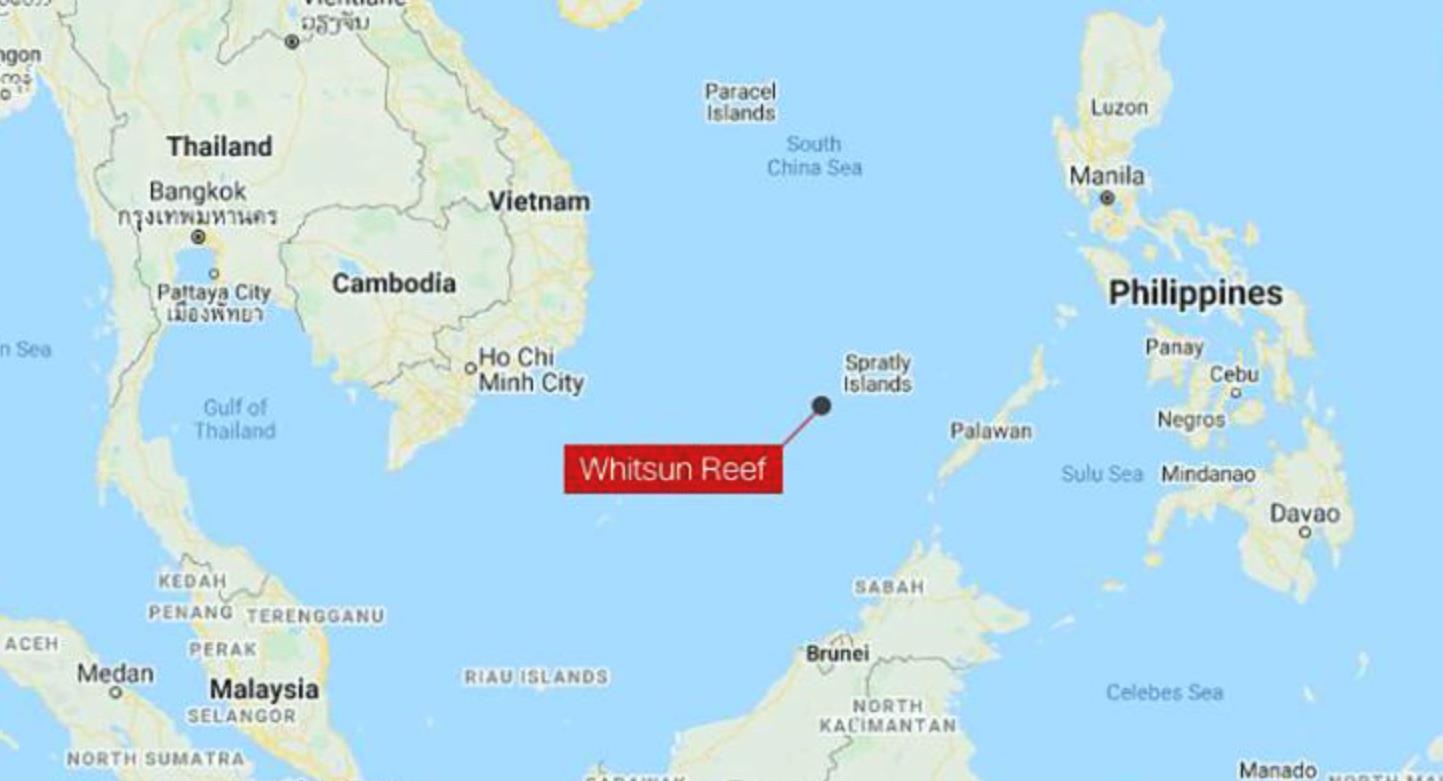(MENAFN- Asia Times) After a disappointing start , the Biden administration is now increasing its diplomatic engagement with the Association of Southeast Asia Nations (ASEAN).
Secretary of State Antony Blinken and Secretary of Defense Lloyd Austin are at the forefront of winning back estranged regional allies and strategic partners, which have fretted about a perceived diplomatic snub by the Biden administration.
In his first meeting with ASEAN foreign ministers, Blinken emphasized shared interests and Washington's commitment to the regional body's“centrality” in shaping the broader Indo-Pacific security architecture.
He also urged a coordinated response to the unfolding crisis in Myanmar, while categorically rejecting China's“unlawful” maritime claims in the South China Sea.
As for China's“vaccine diplomacy,” the US also reassured the region that millions of American-made Covid-19 vaccines were on the way. Regional leaders have welcomed Blinken's belated diplomatic outreach as a reassuring sign of“refreshed commitment” from the Biden administration, which spent much of its early months in office cultivating defense and strategic ties with major Indo-Pacific powers as well as European allies.
The US diplomatic chief's tough stance against Beijing's expansive claims came amid a protracted maritime stand-off between China and smaller Southeast Asian claimant states.
Between mid-May to mid-June alone, as many as 238 Chinese vessels were illegally operating within the exclusive economic zone of the Philippines, a US treaty ally.
In a bid to reassure besieged regional states, US Defense Secretary Lloyd Austin is set to visit the frontline states of the Philippines and Vietnam as well as the regional hub of Singapore, where he will be delivering a much-anticipated keynote speech at the high-profile Fullerton Forum.
Washington's regional diplomacy this year is expected to culminate with Biden's participation in the ASEAN summit later this year, with a number of crucial bilateral meetings on the sidelines being ironed out.

Joe Biden is seen as far more of a friend than Donald Trump was to ASEAN. Photo: AFP / Alex Wong
Biden's win welcomed
Throughout the past decade, Southeast Asia has rapidly emerged as the main theatre of geopolitical competition with China, which has wasted no time in winning over ASEAN with large-scale investments and, more recently, Covid-19 vaccines.
Wary of their growing dependence on Beijing, and the former Trump administration's aggressive unilateralism, Southeast Asian policy elites warmly welcomed Biden's victory in last November's elections.
An annual survey by the Singapore-based ISEAS Yusof-Ishak Institute found that 61.5% of respondents, composed of Southeast Asian thought leaders and policy-makers, preferred closer ties with the incoming Biden administration than Xi Jinping's China.
Up until recently, however, ASEAN felt that it had the cold shoulder from Washington, as Blinken and Austin embarked on shuttle diplomacy throughout Northeast Asia, the Middle East and Europe, ostensibly skipping Southeast Asian countries along the way.
Earlier this year, a hastily-organized online meeting between Blinken and ASEAN diplomatic chiefs went bust, as technical difficulties enraged Southeast Asian foreign ministers staring at a blank screen.
Washington's subsequent deployment of Deputy Secretary of State Wendy Sherman proved too little, too narrow , as it skipped a number of key US allies in the region, which have been at the receiving end of Chinese maritime assertiveness in recent years.
Eager to win back Southeast Asian partners, Blinken emphasized the Biden administration's commitment to work with and through ASEAN in addressing key regional challenges.
During the US-ASEAN Foreign Ministers Meeting this month, the US secretary of state was forthright in expressing Washington's“deep concerns” over a lack of decisive action on the crisis in Myanmar, calling for the immediate release of democracy activists and civilian leaders“unjustly detained” by the ruling junta.
Blinken, however, was clear in emphasizing that any“immediate action” would have to be in consonance with ASEAN's“five-point consensus” in resolving the Myanmar crisis.

This photo taken by the Philippine Coast Guard shows Chinese vessels anchored at the Whitsun Reef 175 nautical miles west of Bataraza in Palawan in the South China Sea. Photo: AFP
China's 'unlawful' claims
Blinken also reiterated the US commitment to a“free and open Mekong region,” as upstream countries such as China scale up environmentally destabilizing dam projects at the expense of low stream Southeast Asian nations.
Blinken also emphatically rejected China's“unlawful” claims across the South China Sea, accusing the Asian superpower of“coercion” against Southeast Asian claimant states, especially Malaysia, Vietnam and the Philippines.
The Biden administration has also doubled down on its own“vaccine diplomacy” in the region, donating billions of dollars to the global Covax facility as well as millions of Covid-19 vaccines to ASEAN states.
Thailand and Malaysia are expecting one million US-made vaccines, while a larger number is expected to go to Vietnam (two million), the Philippines (three million) and Indonesia (four million).
Throughout the two-hour-long meeting, the US ensured that exchanges were“very civil” on even the most contentious issues, an ASEAN diplomat said. Malaysian Foreign Minister Hishammuddin Hussein hailed the exchanges as a sign of the Biden administration's“refreshed commitment” to the region.
“We understand that multilateralism was not a key focus for the previous administration, but the Biden administration's embrace of multilateral cooperation is a welcome development,” Hishammuddin said, only weeks after Malaysian armed forces accused China of intruding into the country's airspace.
“This path is the only way forward to ensure stability, peace, prosperity and security for our region,” the Malaysian diplomat added.
The Biden administration has raised the stakes by also deploying US Defense Secretary Lloyd Austin, who will visit China's two fiercest maritime rivals, Vietnam and the Philippines.

Philippines in front line
In Singapore, he is expected to roll out the outline of the Biden administration's military strategy against China's maritime assertiveness.
“Secretary Austin's visit will demonstrate the importance the Biden-Harris Administration places on Southeast Asia and on ASEAN as an essential part of the Indo-Pacific's architecture,” said Pentagon spokesman John Kirby ahead of the US defense chief's visit to the region in the coming days.
Austin's visit comes at a particularly crucial juncture in the Philippines, a treaty ally, which has been at loggerheads with China throughout the past five months. The stakes are also particularly high, following Washington's clearance of a potential multi-billion arms deal with Manila, which is mulling the purchase of a squadron of advanced fighter jets, including upgraded versions of the prized F-16 Fighting Falcon.
Between March and May, the Philippines was locked in a maritime stand-off over the Whitsun Reef with China. More recently, maritime forces from the two rival claimants have been shadowing each other in the Marie Louise Bank.
This week, Manila claimed the Philippine Coast Guard (PCG) shooed away a Chinese naval warship operating within the Philippines' exclusive economic zone.
“Philippine Coast Guard 4409, this is Chinese Navy Warship 189. Please keep two nautical miles distance from me,” the Chinese warship warned in return , according to a clip released by the Philippines.
China has also been accused of engaging in environmentally destructive activities within Philippine waters, with satellite imagery showing suspected Chinese maritime militia forces releasing raw sewage across endangered coral reefs.
Austin's visit also comes only weeks after Filipino President Rodrigo Duterte decided to postpone the full restoration of the all-crucial Visiting Forces Agreement (VFA), which facilitates a large-scale, rotational American military presence on Philippine soil.
Facing a growing backlash against his Beijing-friendly diplomacy, the outgoing Filipino president has now extended an olive branch to the Biden administration, raising hopes of a full restoration of the defense pact in his twilight months in office.
“Now, I just want to … coordinate with or talk to some people in Washington, be it from the Office of the President or the State Department or the Defense Department,” Duterte said during his latest weekly talk, only days ahead of his possible meeting with the visiting US defense chief.
MENAFN21072021000159011032ID1102486612